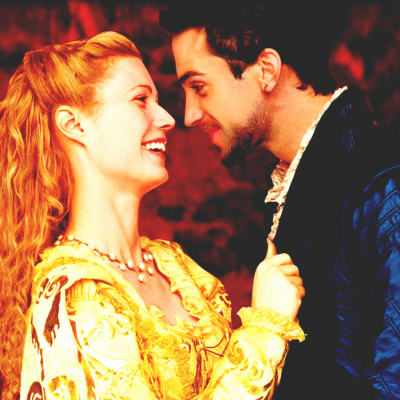(I wrote this a few years back for the Loyola Hall website. It’s a way of praying and an attitude towards experience.)

If you want God to speak to you you need to give God a vocabulary.
Scripture is, of course, a privileged source of ‘words’ that God might address to you — hence the number of different ways of praying that put the Bible centre stage — but worship too is a place God can speak, as are the sacraments, spiritual reading, nature, art etc. We could extend the list indefinitely.
Indeed it was the genius of Ignatius Loyola to engage deeply with the truth that God can speak to us in countless ways — God is to be found ‘in all things’. The Spiritual Exercises — his training course in listening to God — takes that seriously, inviting the person praying to listen to God in the whole range of their experience.
What is it about experience that lets it become God’s vocabulary? It is experience’s capacity to move us, to touch us in heart and mind, to stir up desires and responses in us. In this sense all experience can be ‘artistic’ or have the quality of a story, able to draw us in, able to carry rich meanings.
Ignatius brings imagination to bear on all experience — life, scripture, play, work. Perhaps that’s why an Ignatian approach to prayer can find rich raw material in TV, film, song, drama and story — art high and low.
So how do you pray with, say, a film? Well, I have rarely found that setting out deliberately to do so bears much fruit. Instead I find that such prayer is a matter of waiting and noticing and being ready to respond. It is about noticing when you are moved and being ready to respond to the God who might be crafting some new vocabulary for you.
Let me give two examples which might shed some light.
A few years back, in the grip of chronic illness, I was a in a sullen place in prayer. Not able to get beyond a sense that either God was responsible or I was — and either possibility seemed to shut off communication. At some point outside of formal prayer I was half aware of a tune in my head. I couldn’t identify it and after irritating me for a while it went away. But then it returned and I began to wonder if it wasn’t from an LP (remember those?) I had once owned by Billy Joel. Some searching of iTunes later I found the song — ‘Innocent Man’ — and felt something move.
I then spent days, in and out of prayer, listening and letting the song — words, music, tone — become part of God’s vocabulary. Not just hearing a message and applying it to myself, but sitting with it and with God and letting both speak. Through it, God convinced me that both of us were innocent, neither bore a blame. But more; it brought me to experience Jesus afresh in a vulnerable light. My accusation of guilt seemed to hurt him and my desire to care for him took my prayer in a creative direction.
This kind of prayer doesn’t have to be focused around an issue. The film ‘Once’ is one I find myself returning to still, partly unaware of what God is saying to me through it.
It’s a gentle and moving film with some great songs at its heart and it draws me back periodically to linger with it again. And when I do God is very much around. The sense is of God by my side (to my left and slightly behind me, if you ask) just as caught up as I am, sharing the moment. Sometimes it feels like his hand is on my shoulder. Whatever is being spoken is being spoken slowly over years.
So how about a method? Sorry! But here are some hints to adapt for yourself.
1) Be ready to be moved when you listen or view. And be ready to wonder if God might not be waiting to be found in what moves you.
2) When your attention has been caught — gently or forcefully — by a film or a song or a work of art be prepared to linger, to repeat, to give the moment time to develop. For example, play the song again. Do you get the same reaction or something else? What is it your are feeling? Maybe you know and maybe you don’t. Can you stay with the movement for a while contemplatively, i.e., just noticing it and not trying to work anything out or get a result?
3) Who is the God who seems to be present as you stay with the song or scene? How is this God looking at you; present to you; speaking to you? Is God watching with you or is God somehow ‘in’ the scene that has moved you?
4) Notice what you find yourself desiring in all this. Let yourself feel the desire. If it feels right let yourself express the desire to God. But notice also what God seems to be desiring. Let yourself take that desire to heart.
5) Stay with the thing that moves you until it loses it flavour. Keep coming back to it as long as you feel drawn back. I am embarrassed to say how many time I have seen the film ‘Shakespeare in Love’ because of a scene near the close where the heroine says to young Will ‘write me well’.
6) The first rule of any kind of prayer is to go where God is and do what helps God be present and communicative. That applies equally here: find the flow and follow it.
I hope that — despite my rambling — the next time you find yourself being moved by a film or song you might linger and let God have a say.